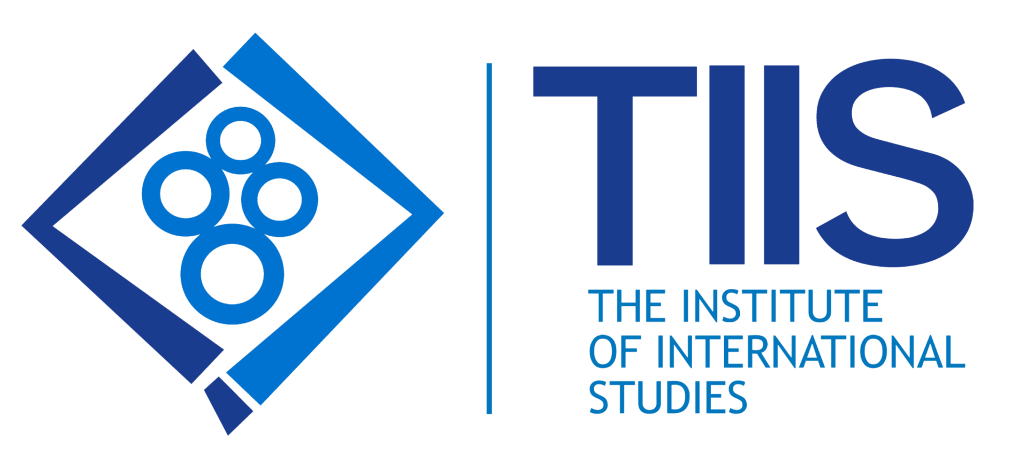Graduate Certificate in Professional Accounting (GCPA)
CRICOS Course Code: 097841A
- Course Duration: 16 weeks
- Number of Subjects: 4
- Delivery Mode: On campus
- Campus: Sydney
- Intakes: January, March, May, July, September, November
The Graduate Certificate in Professional Accounting (GCPA) has been designed as a stand-alone accounting qualification or a PATHWAY to the MPA and accreditation with all the major professional bodies. The subjects have been aligned with the first four subjects of the MPAA program. Students have the option to either continue on to the MPAA or graduate with the GCPA after completing the four subjects.
Overview
The Graduate Certificate in Professional Accounting (GCPA) is a concise program within the MPAA, delivered over two academic blocks, comprising four specialized units. It is an entry or exit qualification, providing graduates with focused expertise for specific business contexts. The program addresses essential topics, such as Accounting Principles, Business and Company Law, Economics for Business, and Business Finance. GCPA is a pathway program for those requiring entry-level qualification adjustments within the MPA framework.
Careers
Accounting Assistant
Junior Financial Analyst
Bookkeeping Clerk
Accounts Payable/Receivable Clerk
Tax Preparation Assistant
Learning Outcomes
Knowledge
Deep understanding of financial accounting principles and practices.
Proficiency in Australian legal and taxation frameworks.
Advanced knowledge of business finance, corporate accounting, and auditing principles.
In-depth grasp of management accounting, business statistics, and contemporary accounting theory.
Skills
Critical evaluation of theoretical, legal, and ethical frameworks shaping professional accounting and business practices.
Application of knowledge to synthesize data for effective problem-solving.
Systematic investigation of data, challenging biases for robust decision-making.
Effective interpretation and communication of accounting information using diverse methodologies.
Examination of contemporary issues, contributing judgment and insight to decision-making in professional practice.
Contact us
Level 4, 22 Market Street,
Sydney, NSW 2000
Level 1, 112 Newquay Promenade, Docklands, VIC 3008
Programme
The Graduate Certificate in Professional Accounting (GCPA) is a four unit, two-block award,, nested within the MPAA. The GCPA can be used as an entry and/or exit qualification. Conceptually, the GCPA has been developed to provide graduates with the capacity to operate in a narrower range of business environments. The degree of independence will be more limited and the scope of activity constrained. GCPA graduates will manage business problems and provide advice in more restricted professional contexts. Typically they work under the supervision of a CPA.
The Four Units Comprising The GCPA are Outlined Below:
UNIT CODE
UNIT NAME
CREDIT PTS.
24
APPLY
01
Gather Documentation
Begin your journey by gathering all the necessary documents as per TIIS entry requirements.
02
Application Submission
Complete our application forms and send them to TIIS via email.
03
Approval Process
If you meet our requirements, TIIS will issue a Letter of Offer.
04
Fee Payment
Secure your place by paying your tuition fees. Upon payment, you’ll receive a Confirmation of Enrolment (COE).

